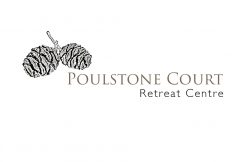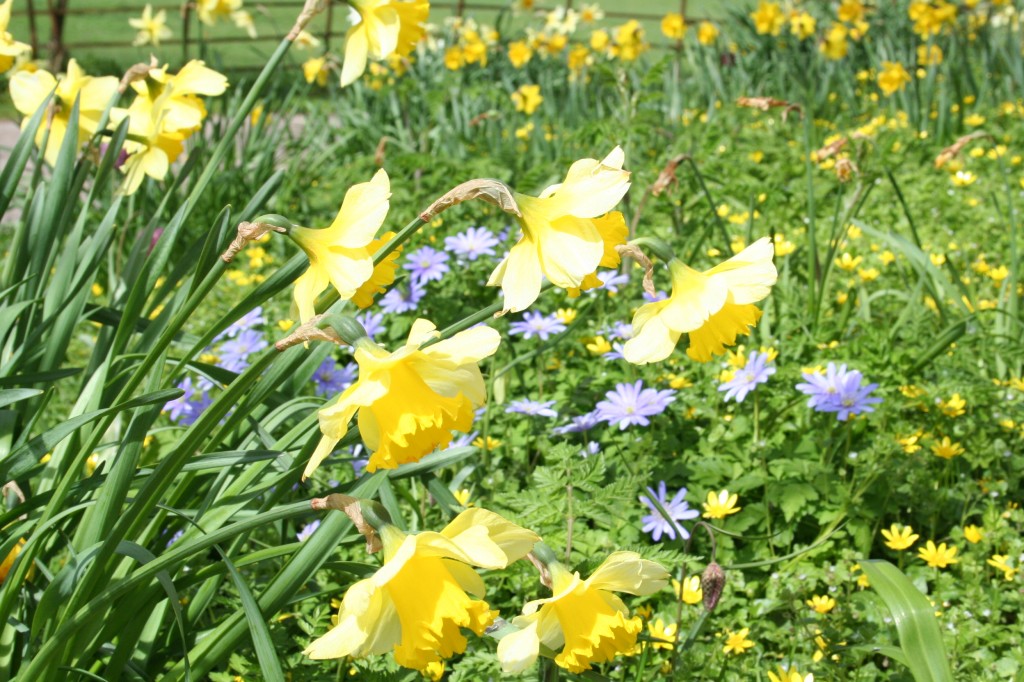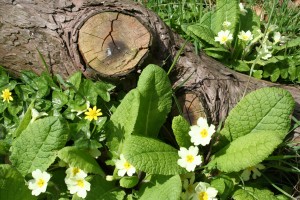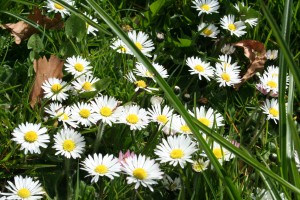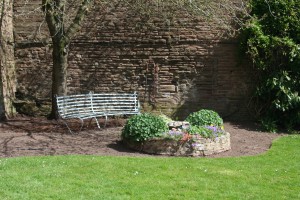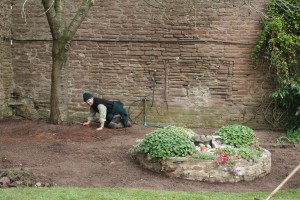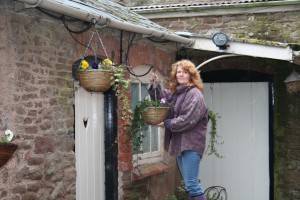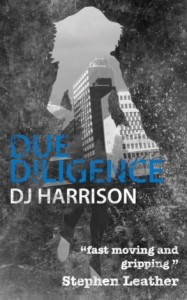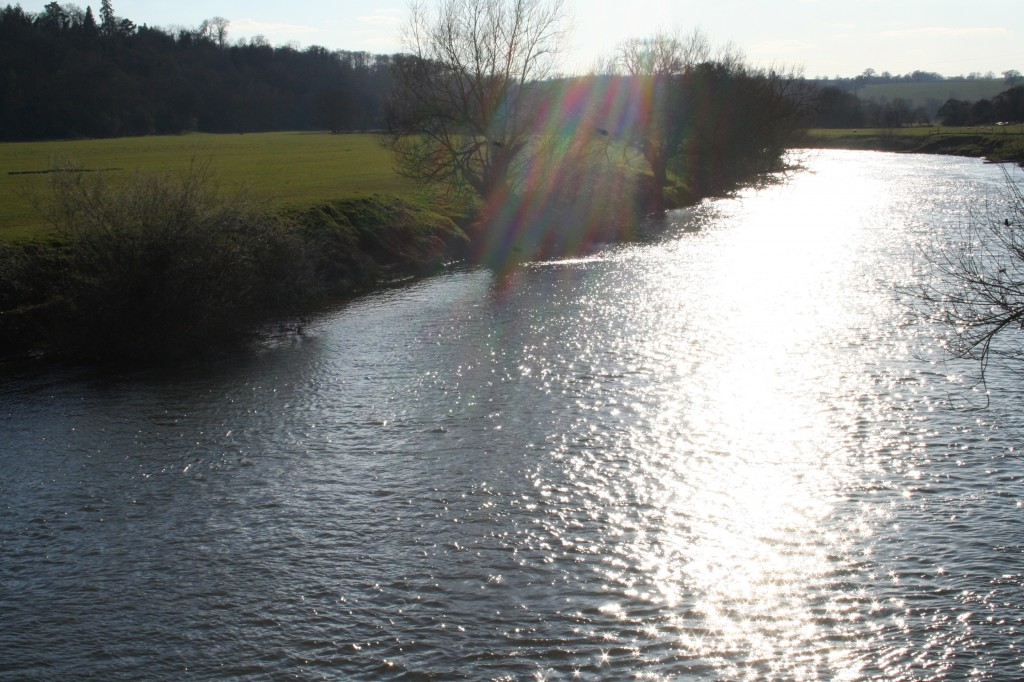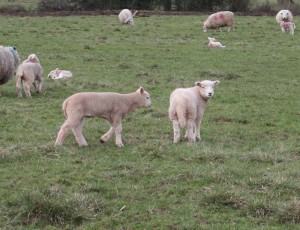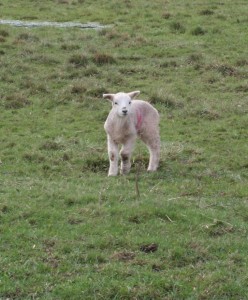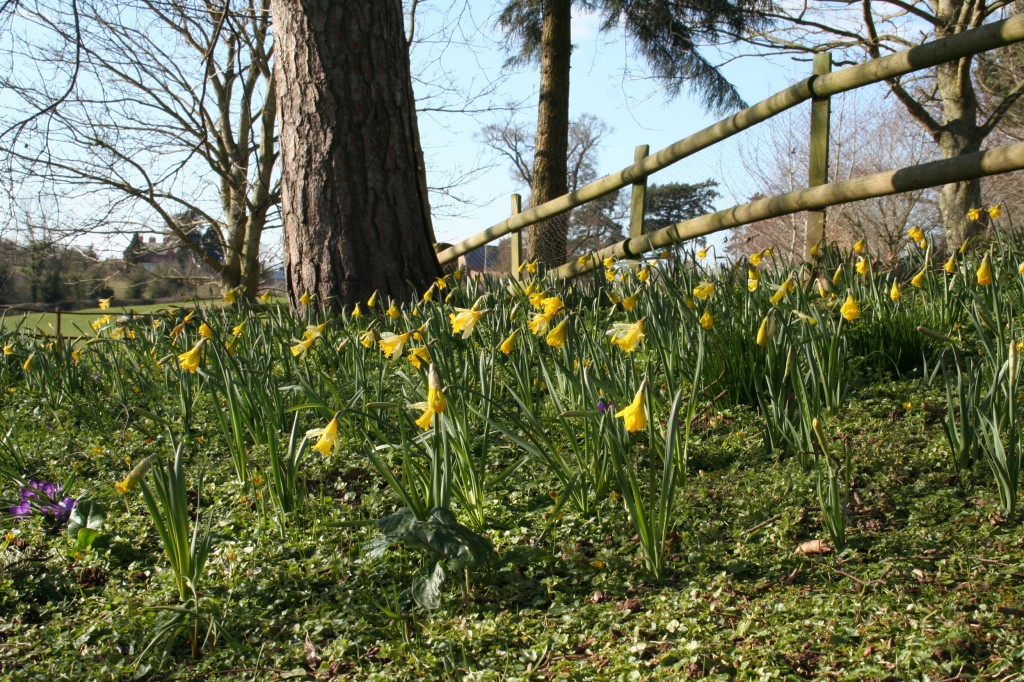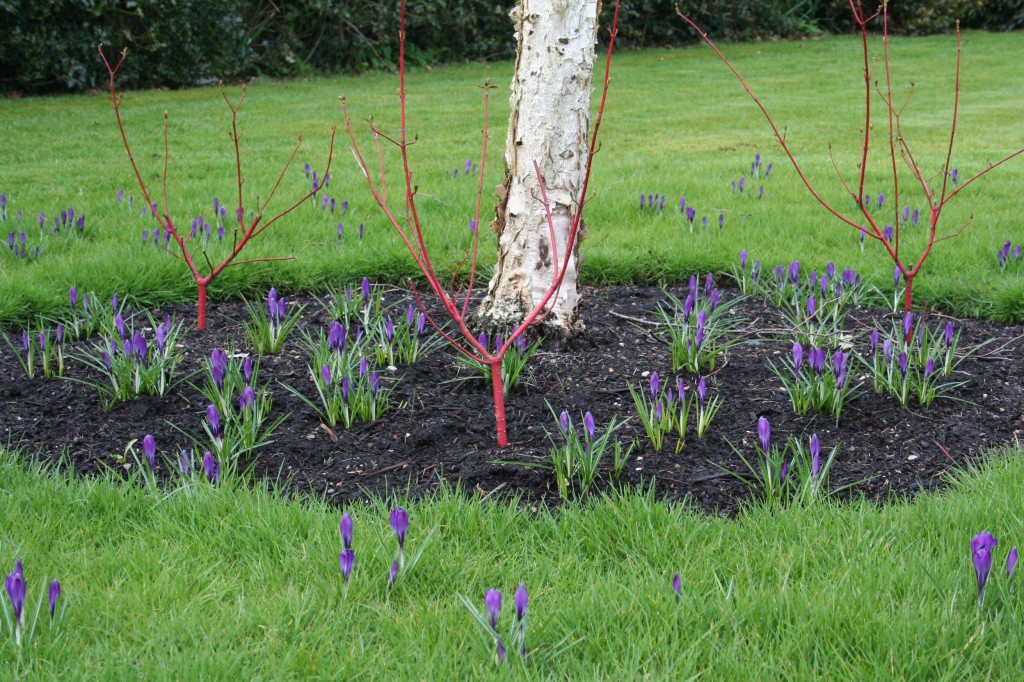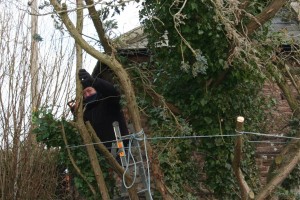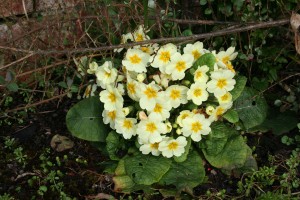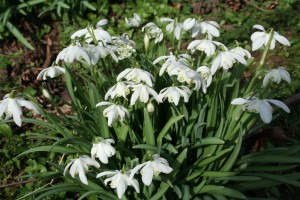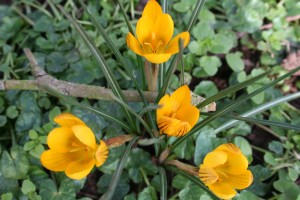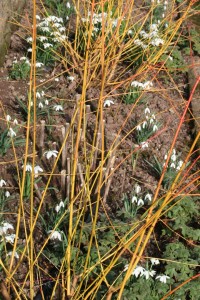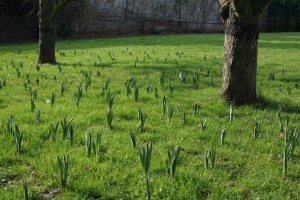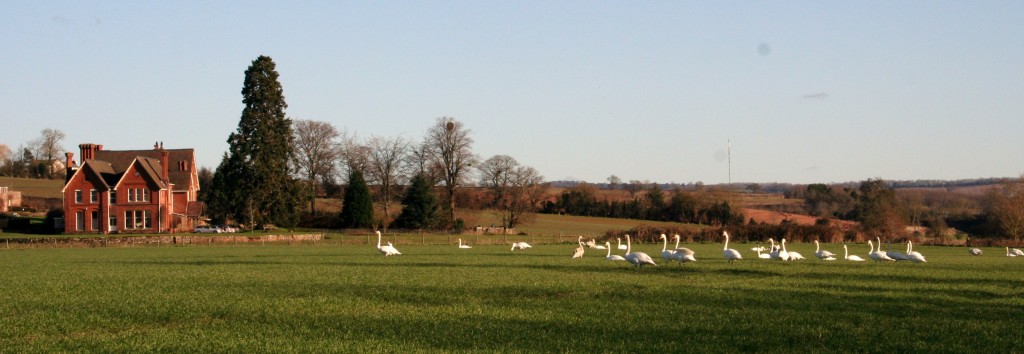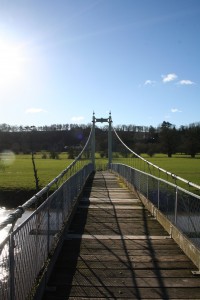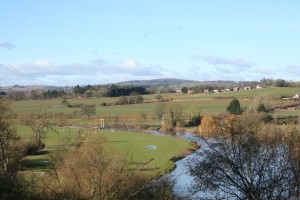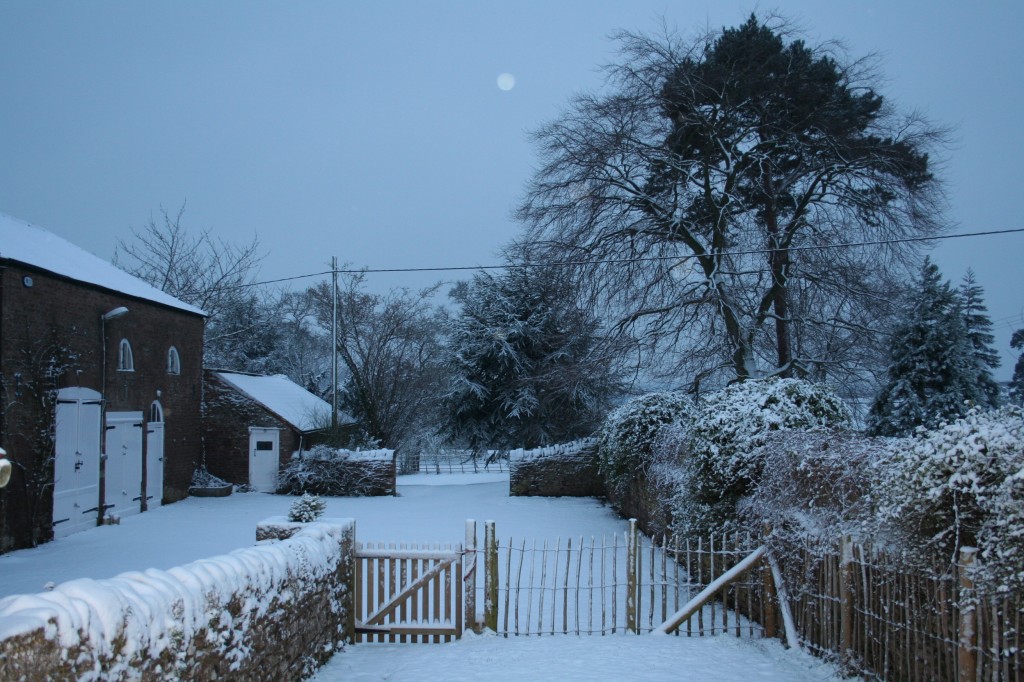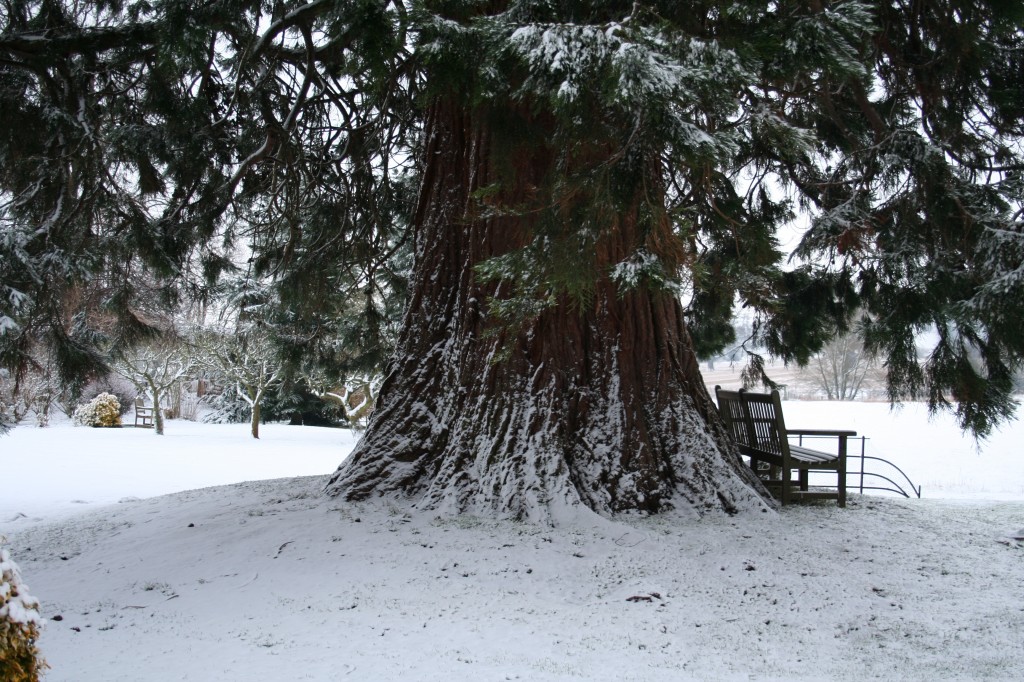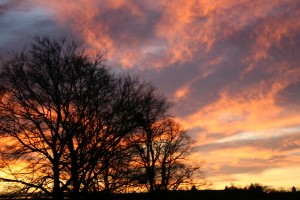 We are very fortunate to have so many inspiring teachers who come and work here at Poulstone. So we’ve decided to start a “Thoughts and Reflections” column and ask some of our regular teachers to contribute their thoughts and impressions. We left the brief very open – just some thoughts that might be useful to people in these challenging times!
We are very fortunate to have so many inspiring teachers who come and work here at Poulstone. So we’ve decided to start a “Thoughts and Reflections” column and ask some of our regular teachers to contribute their thoughts and impressions. We left the brief very open – just some thoughts that might be useful to people in these challenging times!
Our first contribution is from Marianne Murray, Holotropic Breathwork teacher. Marianne has written a piece entitled “Dancing with Disorientation”:
I’m sure most of us, who are drawn to the kinds of workshops and retreats offered at Poulstone, are familiar with the feelings that come when entering territory that is unfamiliar and outside of our every-day realms of experience. Filled with sensations ranging from excitement to anxiety, curiosity to fear, we bravely head into the unknown in service of our own healing and transformation. What we might not think about is that it is this very act of destabilizing our sense of familiarity – the habits of the known – that invites change.
Most frequently, our habitual ways of being are disoriented through chance life events: sickness, accidents, divorce, and so forth. At such times, the stories that we tell ourselves about how life works, and what is true, right, and trustworthy, become threadbare and broken. Out of the wreckage, we have to construct new stories, new ways of making sense of life. If we have good guidance – inner and/or outer – we can grow and become wiser through such experiences, and our capacity for living and loving becomes deeper.
How courageous, then, to step intentionally into disorientation – to invite the destabilization of beliefs, and fond attachments to the familiarity of life. Yet this is exactly what we must do in order to transform, no? Whether the invitation is into meditation, breathwork, shamanic practice, ecstatic dance, or any one of the many ‘*technologies of the sacred’ available to us, if we allow ourselves to dis-orient in small ways, in safe contexts, in a community of friends, with good guidance, then our worlds may become greater.
But, of course, that’s not the whole story. Disorientation, and recognizing a larger view, also involves the loss of what was: ways of being and interacting in the world that may no longer be acceptable to us. In a very real sense, when we experience transformation something must die and fall away and, as with a death, we may need to grieve, or bargain, rage against the loss, or fight against what is now demanded of us in our ‘new life.’ This is the point at which the pull to fall back into the comfortable – if unsatisfactory – old ways of being is likely to be strongest.
When we feel this kind of destabilization following a profound experience or insight, reflective and integrative practices can be our greatest friend. If we can stay in contact with ourselves, with compassion and determination, this is the time in which we can deepen into the learning that lives within the intensity and rawness of the moment. We can invite our hearts to stay open and discover new meaning from what is revealed if we stay friendly to our experience. Journaling, writing poetry, painting, and congruent forms of therapy can support us as we discover who we are becoming and how we can express this new learning in the everydayness of our lives.
As Gandhi so famously said: “We must become the change we want to see in the world.” The practice of becoming is the art of dancing with disorientation.
(* A term coined by Stanislav Grof, ‘father’ of Holotropic Breathwork)
Marianne Murray trained with Stan Grof, and was certified as a Holotropic Breathwork™ facilitator in 2001. She has a Ph.D in Transformative Learning, and an MA in Transpersonal Psychology. She is a systemic constellations facilitator, a certified bodyworker, and has an interest and involvement in contemplative practices. Marianne is an associate with the Academy for the Love of Learning in Santa Fe, New Mexico. Marianne’s website is http://www.holotropic-breathwork.co.uk/.
Her workshop this year at Poulstone is happening 5th – 10th August 2013. More details are on the Courses page of our website: www.poulstone.com/courses.php.
Mel & Steve
Poulstone Court Retreat Centre
